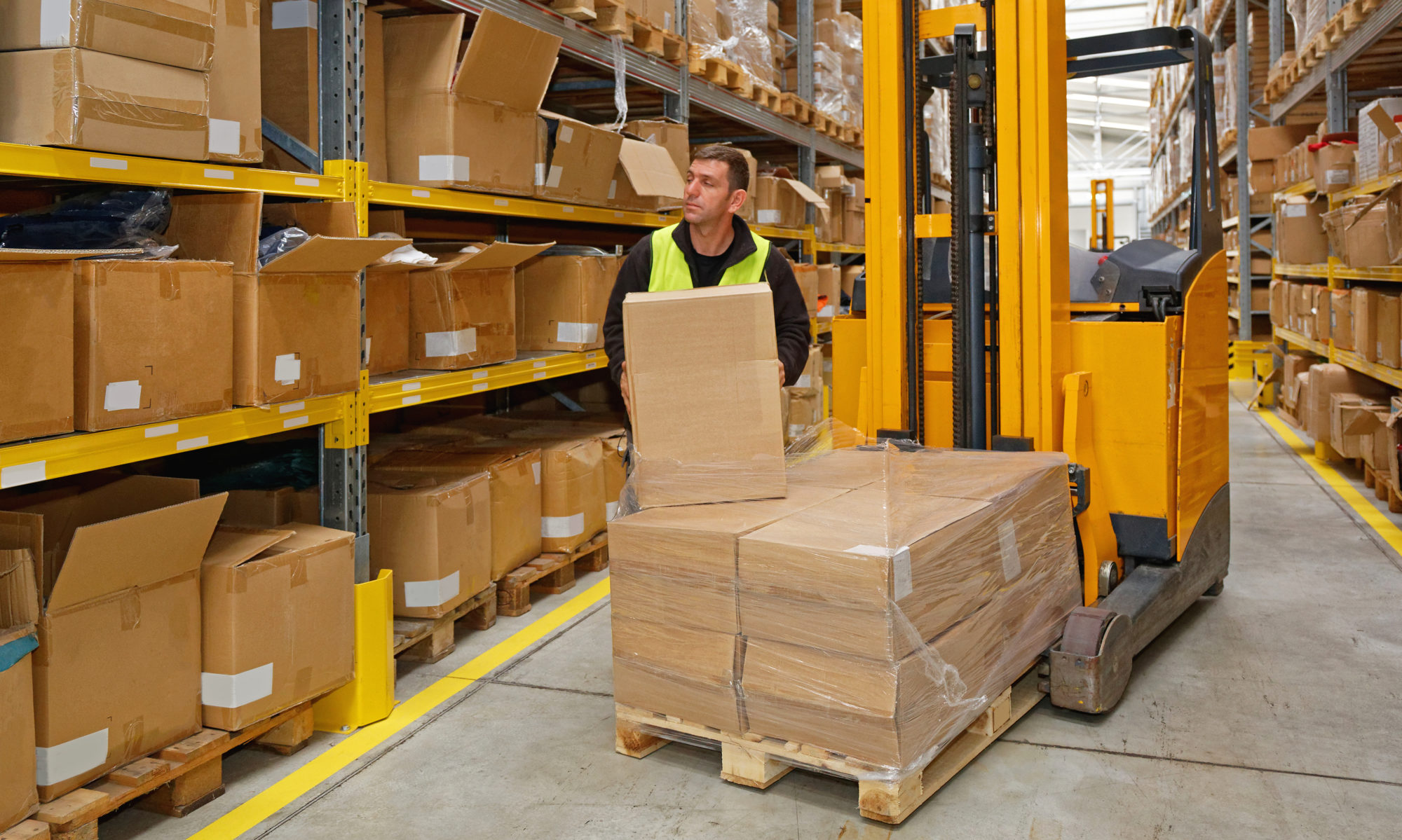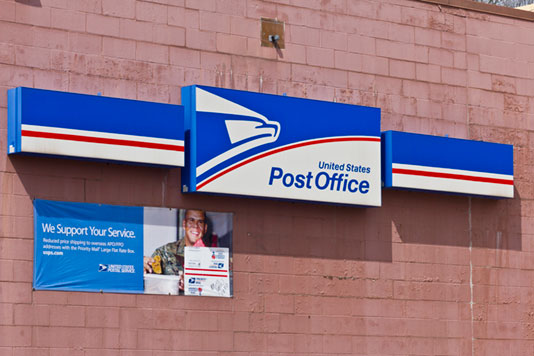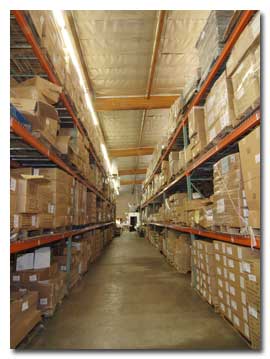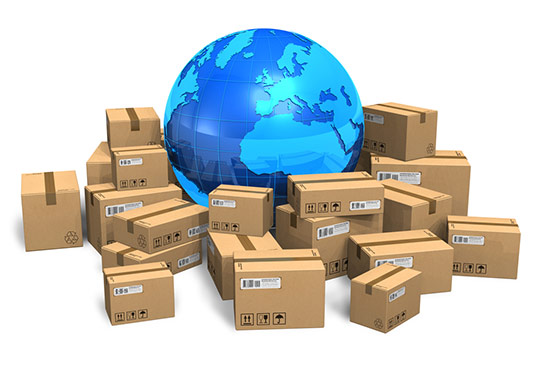There are a number of ways in which coronavirus is affecting the supply chain and freight system, both long and short term. As the crisis shines a spotlight on problems with current supply chain practices, it is also shining a light on improvements that can be made.
Below are four areas to explore to minimize supply chain exposure and prevent disruption. We encourage all operations professionals to take charge of the factors they can influence and share their successes and trials with the community so that we will all be stronger after this situation passes.
1. Communication
Customers can become antsy in times of crisis, but we also see great examples of humanity during these times. Lack of information is one of the biggest obstacles to a peaceful response.
Open communication should be encouraged at all times, but none so important as times like these. Simply informing customers, clients, partners, and suppliers of delays with accuracy and honesty is essential.
Take the toilet paper crisis, for example. When consumers see only empty shelves and have no idea when supplies will be restocked, there is more panic-buying and hoarding.
However, when the store tells customers when the shelves will be restocked, there are reports of calmer buying practices and sharing. If people know that there will be more on the shelves in a few days, or can find back-in-stock dates online, they can relax a bit.
There is security in knowing, and this cannot be overemphasized as a strategy to avoid supply chain collapse.
2. Artificial Intelligence
In a recent Forbes article, Dave Evans recommends three areas for improvement to “future proof” supply chains. Two of the three areas are technology based, indicating that implementing more automation and artificial intelligence (AI) in fulfillment and logistics will have a tremendous positive impact.
Using automated data analysis helps predict demand on the fly and respond immediately and effectively. A solid dynamic AI for ERP provides actionable data insights, which enables companies to be more efficient and resilient.
When demand begins to increase slowly, the AI notices immediately and continues to re-forecast, ordering inventory earlier and more efficiently than a human purchasing agent. These AIs can continue to run regardless of human health and impact.
Evans suggests that businesses build a self-driving supply chain using blockchain, AI, machine learning and other related technologies to keep things moving on time and without delay or major disruption.
Phasing out human-dependent operations like manual spreadsheets and phone calls is another area where efficiency can be increased with the use of technology.
Automation in the fulfillment center can also help 3PLs meet increased demand with the same amount of staff, increasing flexibility. Not only is this strategy supportive of daily business and spikes in demand, but it also protects against disruptions due to labor shortage, such as a pandemic.
When staff is depleted due to natural disaster or disease, elements of the supply chain may find themselves shorthanded and in the face of increased demand at the same time. Automation relieves this strain and is not affected by the human condition.
3. Diversify Sourcing
Richard Wilding, a professor at the Cranfield School of Management, urges businesses to assess and mitigate supply chain weaknesses immediately. “Companies need to urgently review their supply chain to find out how exposed they are. They need to ask the question as to where their suppliers and suppliers’ suppliers are located and review other sourcing locations, which, although often more expensive, can protect from disruptive events such as this,” he said.
The Harvard Business Review suggests that a new kind of design is needed that enables companies to rapidly reconfigure their supply chains and be ultra-agile and responsive to rapidly changing global trade policies, supply dynamics, and disruptions.
Using local suppliers and manufacturers helps minimize disruption. When transportation breaks down, particularly overseas shipments or long-haul freight, businesses that require parts or supplies from outside the region are easily affected.
Without materials, the business may need to close temporarily, which naturally affects workers and, in turn, impacts the economic health of the community.
Sourcing locally can make a big difference and allow a business to continue producing and selling its products within the community. Of course local sourcing doesn’t fix everything.
Some products or supplies simply will not be available locally and if the transportation chain is disrupted, businesses may not be able to get their products to customers. If the local area is directly affected, this strategy will have limited success during the disruption itself, but can bounce back more quickly after the threat has passed.
In general, modern supply chain strategy should include regional diversity. Counting on a single location is too risky in the current marketplace. Experts recommend evaluating a variety of sources and considering availability, location and speed in addition to price.
It might cost a little more to source locally, for example, but there are often selling advantages to this approach.
4. Plan Ahead
Using just-in-time inventory practices is one of the best ways to minimize carrying costs in any inventory-based business. But running lean can leave you out of stock quickly in the face of increased demand.
Forecasting is already a challenge and is made more complex by an emergency situation. Some emergencies are a little predictable though, like hurricane season. Companies in the Southeastern US are accustomed to preparing for short periods of down time and shortages every year between June and November and can be ready with higher inventory levels during these times.
The first reports of COVID-19 emerged in late December 2019. While that may have been too early to react, it’s easy to see now that there have been opportunities along the way to beef up stock levels before it became a national emergency. And this is still the case.
As we all monitor this situation, there may still be opportunities to predict near-future fallout and prepare. It will take some time for businesses to recover, so consider what the next failing may be.
After toilet paper, it was paper towels and other paper goods. What might be next? In the longer term, demand may increase for sanitizing appliances or it may decrease for real estate purchases. Identifying changes early is your best weapon.
Conclusion
While we are already knee-deep in supply chain changes due to the coronavirus outbreak, it’s not too late to adjust. Even small changes can make an impact to lessen the overall negative impact on your business and your partners.
This experience can be taken as an education to inform more robust future disaster plans for supply chain management. We hope you will share your thoughts and contribute to a conversation that can benefit everyone as we move forward through this difficult time.
We invite you to find out more about Medallion Fulfillment & Logistics by visiting our website to see why we are the fulfillment leader for both the East and West Coasts.




 As your company expands, a fulfillment company can handle your wholesale or B2B orders. Wholesale orders from large retail chains, catalogs and other mass merchants have different demands than business-to-consumer orders. The penalty for noncompliance with an order from a chain of retail stores for even something trivial, can be costly.
As your company expands, a fulfillment company can handle your wholesale or B2B orders. Wholesale orders from large retail chains, catalogs and other mass merchants have different demands than business-to-consumer orders. The penalty for noncompliance with an order from a chain of retail stores for even something trivial, can be costly.
